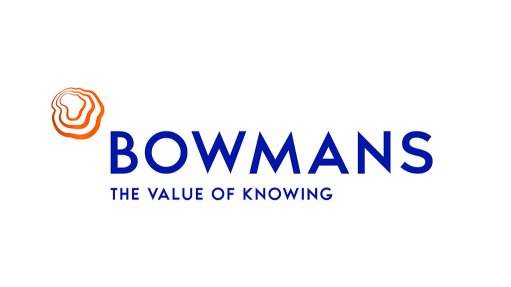
The SARS Media Statement on the 2022 Tax Filing Season explains that SARS has assessed over three million individual non-provisional taxpayers who ‘will not have to file a tax return if they are satisfied with the outcome’. The Media Statement then further explains how SARS is making it easy and seamless for most individual taxpayers to comply with their legal obligations.
But what exactly does this entail? Is it permissible in terms of tax legislation and are there any red flags for taxpayers?
During the 2021 Filing Season, SARS implemented the use of pre-populated income tax returns for many individuals. However, the 2021 process is substantially different from the 2022 process. In 2021, the assessment was not issued until the taxpayer accepted the pre-populated return or made changes and submitted a revised return. One can only assume that this process did not yield the intended results and did not speed up the assessment process to the extent envisaged.
Hence, in the 2022 Filing Season, the new process works as follows:
- It should only apply to individual taxpayers who are non-provisional taxpayers, typically in formal employment.
- SARS sends an SMS and/or e-mail to the taxpayer to inform him/her of the auto-assessment.
- Refunds are to be paid to taxpayers within 72 business hours, while amounts due to SARS should be paid by the stipulated date.
- If the taxpayer is satisfied with the auto assessment, no further input from the taxpayer is required.
- However (and this is where a potential red flag comes in), if the taxpayer is of the view that there is missing and/or inaccurate information, he/she must within 40 business days from the date of the auto assessment notification, submit a revised tax return to SARS.
Many articles about the auto-assessment process seem to treat this as only a procedural change, but it is important for taxpayers to understand that there is a fundamental difference between the two.
While the 2021 pre-population process ended with the issuance of an assessment (after acceptance of the return by the taxpayer), the 2022 auto-assessment process commences with the issuance of an assessment. Should the taxpayer fail to submit a revised return within 40 business days, the assessment will become final, unless SARS grants an extension for the submission of the revised return or unless the taxpayer submits an objection.
It is unclear in terms of which legislative provision auto-assessments are being issued. The Tax Administration Act, 2011 (TAA) does not refer to ‘auto assessments’ but provides for the issuance of:
- ‘jeopardy assessments’ (section 94) if SARS is satisfied that this is required to secure the collection of tax that would otherwise be in jeopardy; or
- ‘estimated assessments’ (section 95) if the taxpayer did not submit a return, or if the return is incorrect or inadequate.
- The fact that taxpayers are afforded 40 business days to issue a revised return, seems to indicate that auto-assessments are being issued in terms of section 95 of the TAA. However, can it be said that a taxpayer did not submit a return if it did not have sufficient (or any) time to submit a return before an auto-assessment was issued?
Also, section 95(4) states that the making of an assessment does not detract from the obligation to submit a return, while the SARS Media Statement states that ‘if a taxpayer is satisfied with the auto assessment, they don’t have to do anything further and the process terminates at this point’.
Justification for the non-submission of tax returns seems to come from Notice No 46471 published in the Government Gazette on 3 June 2022, in terms of which taxpayers are not required to submit returns if they have been notified by SARS that they are eligible for automatic assessment, and if the auto-assessment correctly reflects the person’s gross income, exemptions, deductions and rebates.
So where is the harm in respect of this process? Surely any process that helps to take the pain out of tax compliance should be celebrated?
All is well if the return contains the correct information and/or if the taxpayer receives the notification of the auto assessment and is able to timeously submit a revised return.
However, the problem arises where some information is missing, for example, if the taxpayer has made deductible donations or incurred expenditure that is not included in third-party returns and thus not taken into account by SARS. For example, according to media reports, SARS has disallowed 60% of the home office expenses claimed in respect of the 2021 tax year. Information regarding these types of expenses will obviously not be available to SARS for the purpose of an auto assessment, which means that the taxpayer would have to submit a revised return within 40 business days. The same applies should the taxpayer have received income that is not included in the auto assessment.
Another very important concern is that a taxpayer may overlook a SMS or an email from SARS regarding an auto assessment. The taxpayer may have failed to ensure that SARS has its correct contact details on record, or the mail may have been blocked or treated as junk mail.
The fact that e-fraudsters have already jumped on the tax bandwagon is not helpful in this regard. Fraudsters have already been sending SMSs to taxpayers, notifying them of purported tax liabilities and, more tempting, a potential tax refund with a handy link to what is presumably a scam website.
Written by Aneria Bouwer, Senior Consultant at Bowmans South Africa